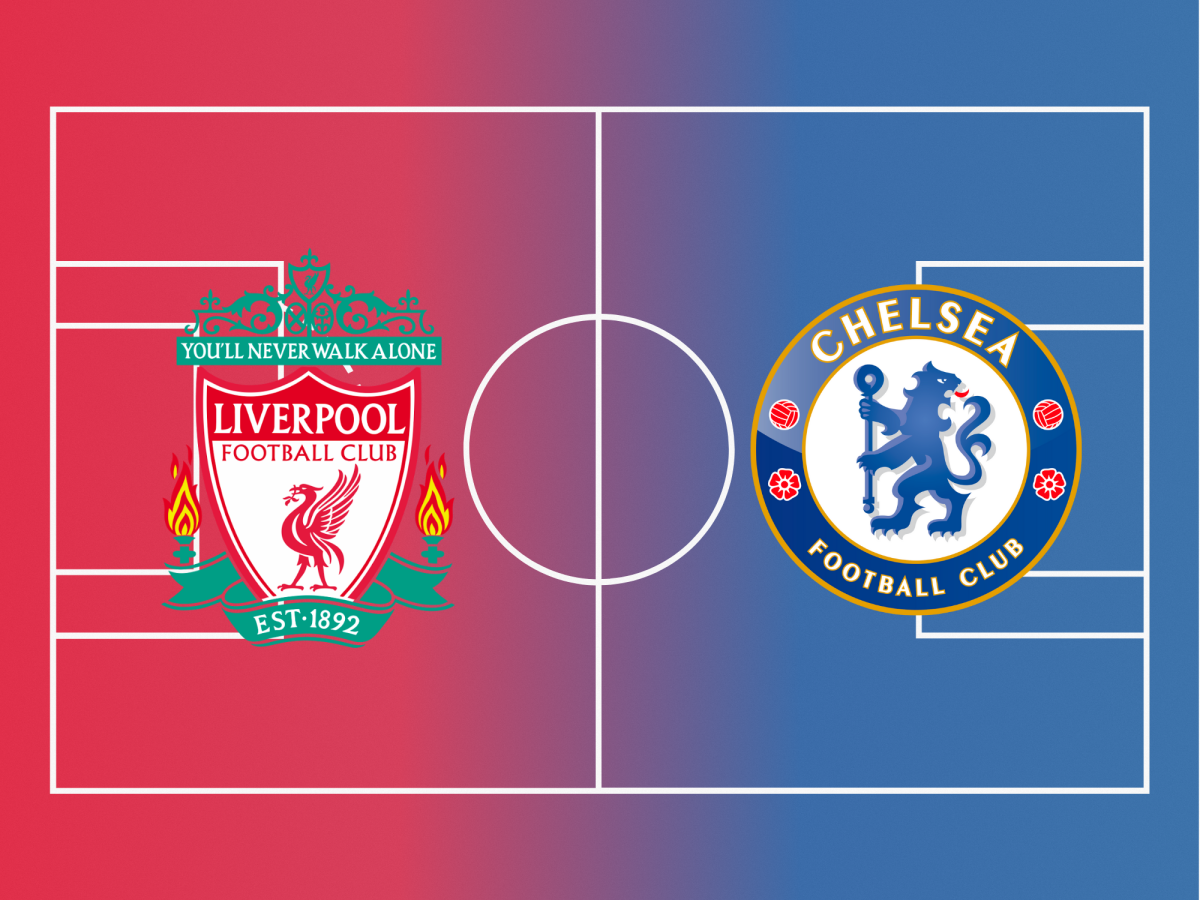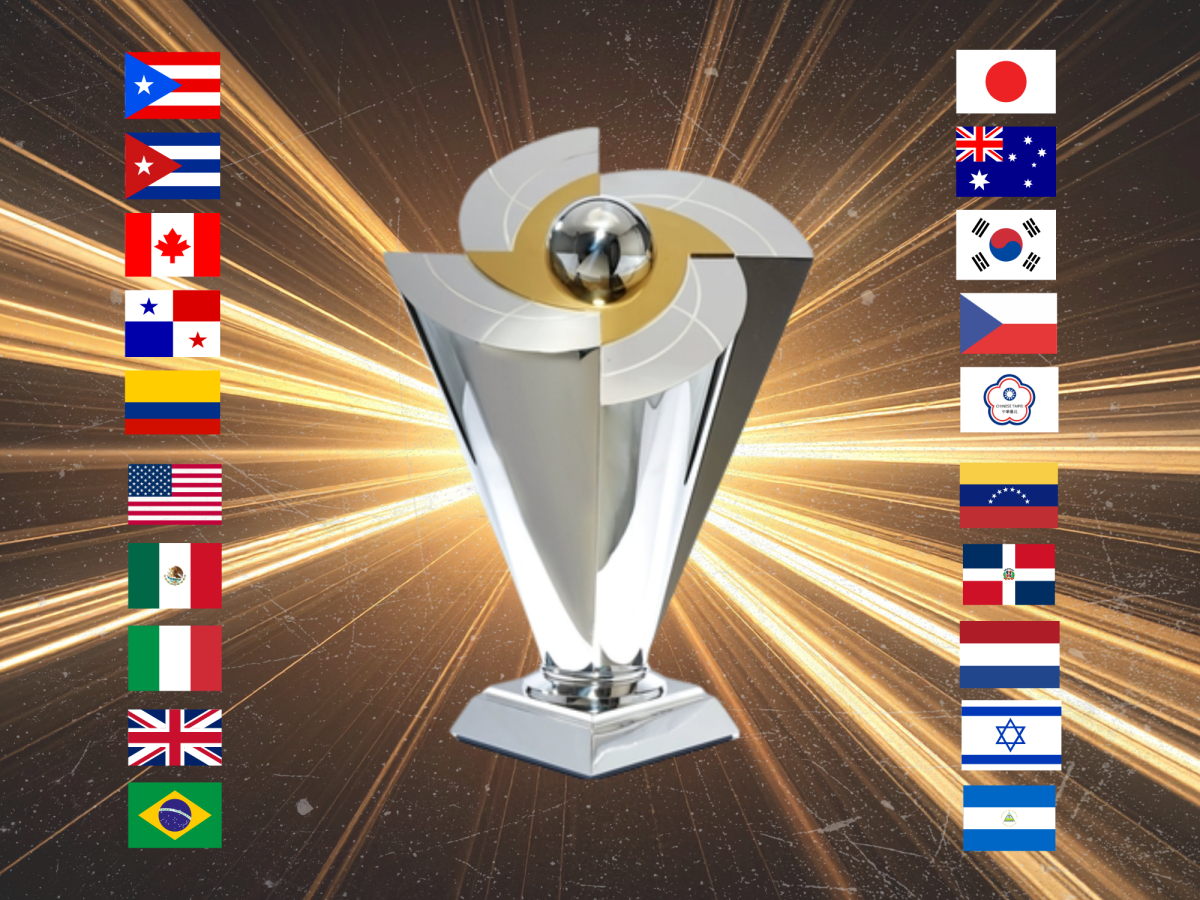On Feb. 25, soccer fans witnessed Liverpool F.C. triumph over Chelsea F.C. in the EFL Cup (Carabao Cup) final as their captain, Virgil Van Dijk, sealed their 1-0 victory in extra time, securing the club’s 10th Carabao title.
Securing victory in one of England’s top-tier domestic football competitions brought much needed jubilation amid Liverpool manager Jürgen Klopp’s departure from the club, citing exhaustion and a lack of energy.
However, in the aftermath of the final, the spotlight narrowed on Chelsea’s performance and their current state. Sky Sports co-commentator Gary Neville’s commentary captured the essence of the game, coining the phrase “Klopp’s kids against the blue billion-pound bottle jobs,” shedding light on the divergent strategies adopted by the two clubs.
Liverpool’s victory at Wembley Stadium secured another trophy and showcased Jurgen Klopp’s renowned “mentality monsters” ethos, which is evident throughout the club. In contrast, Chelsea’s approach, backed by billions of pounds in investment from Todd Boehly and Clearlake Capital, faced scrutiny.
Chelsea’s head coach, Mauricio Pochettino, responded to Neville’s comments, highlighting the challenge of comparing the teams due to their similar squad age profiles and vastly different dynamics.
Contrary to Neville’s view, Liverpool’s starting lineup was older on average than Chelsea’s. Key contributions — especially from 32-year-old Virgil van Dijk, who scored two important goals, including one confirmed after a VAR check — highlighted the level of skill needed to win such an important final.
However, the argument loses its strength when considering the composition of the opposing team, which included two 19-year-olds, Bobby Clark and James McConnell, with limited professional experience, alongside Jayden Danns, making only his second senior appearance. While Chelsea faced youthful opposition, the real question arises: did they falter under pressure?
As the game neared the end of regulation time, and Liverpool was noticeably out of energy, Klopp made a bold decision uncommon among top coaches. He relied on inexperienced youth instead of playing it safe and aiming for penalties to determine the outcome of a major trophy.
Anything less than a convincing victory would have spelled total humiliation. Pochettino had to guide his team through 20 tense, directionless minutes that night before they overcame the fear of embarrassment and focused on securing the win.
For Chelsea, avoiding defeat superseded the desire to win outright. Pochettino’s admission that the prospect of penalties seemed favorable reflects a perceived weakness scrutinized in the match’s contentious aftermath.
Liverpool’s win wasn’t solely attributed to their more remarkable skill than Chelsea’s. Instead, their superior mindset and unique team character bridged the gap between the first and academy teams. These elements, which money can’t simply acquire, played a pivotal role in Liverpool’s victory.








